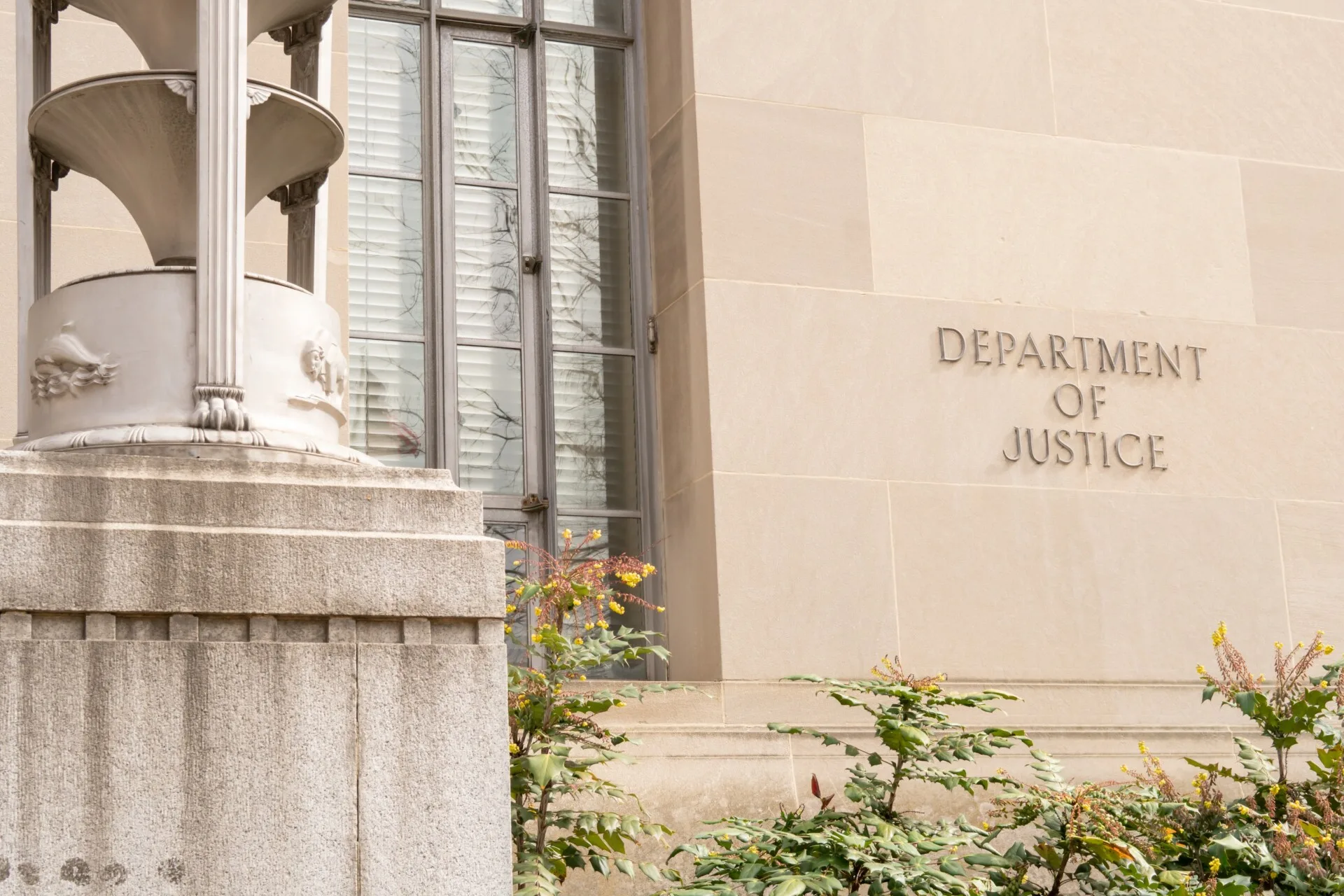The former Justice Department chief of staff contradicts Gonzales in congressional testimony.
Attorney General Alberto Gonzales was briefed regularly over two years on the dismissals of federal prosecutors, according to former Justice Department chief of staff Kyle Sampson, who gave a testimony before the Senate Judiciary Committee on Mar. 29th.
Gonzales and former White House counsel Harriet Miers made the final decision on firing the U.S. attorneys last year, Sampson added.
Such statements dispute Gonzales’ claims he was not closely involved with the firings–and further undercuts Gonzales’ already shaky credibility.”
I don’t think the attorney general’s statement that he was not involved in any discussions of U.S. attorney removals was accurate,” Sampson told the committee as members probed whether the dismissals may have been politically motivated.”
I remember discussing with him this process of asking certain U.S. attorneys to resign,” said Sampson.
Though many have voiced suspicions, Sampson’s testimony finally places Gonzales at the heart of the firings, even as the Justice Department continually changes its account of how they were planned.
Gonzales has claimed repeatedly that he was not directly involved in the U.S. attorney firings, and essentially depended on Sampson to orchestrate them. The Justice Department also continually maintains that the attorney general was not involved in selecting which prosecutors would be replaced.
Sampson resigned March 12th. The next day, Gonzales claimed he “never saw documents. We never had a discussion about where things stood” in those firings.
The Bush Administration though began changing its tune on defending its attorney general, as most White Houses do when singing a song no one is buying anymore.”I’m going to have to let the attorney general speak for himself,” White House spokeswoman Dana Perino told reporters as Sampson began his third hour before the senators.Pointing out that Gonzales is not scheduled to appear publicly on Capitol Hill until an April 17th hearing in front of the same Senate panel, Perino added: “I agree three weeks is a long time.”
Regardless, President Bush claims to be “confident that the attorney general can overcome these challenges, and he continues to have the president’s support,” said White House spokesman Tony Fratto.Justice spokesman Brian Roehrkasse told reporters that Gonzales describes his involvement as “never focused on specific concerns about United States attorneys as to whether or not they should be asked to resign.” The Justice Department added that Gonzales has no plans to offer his own resignation.
Senate Judiciary Chairman Patrick Leahy (D-VT), said that Gonzales’ credibility had suffered from numerous attempts to explain the contradictions.After someone alters a story several times, Leahy said, “people tend not to believe it.”
Sen. Arlen Specter (R-PA), said Gonzales “has many questions to answer.”The clear conflict between Sampson’s account and Gonzales’ poses “a real question as to whether [Gonzales is] acting in a competent way as attorney general,” added Specter.
A growing number of Congresspeople–Democrats and Republicans–have called for Gonzales to resign.
The stony-faced Sampson, who had long been a loyal aide to Gonzales, said other senior Justice Department officials aided in planning the firings, which the White House first suggested shortly after President Bush won his re-election bid in 2004.
Sampson added he was never aware of any situation where prosecutors were told to step down because they refused to help Republicans in local election or corruption investigations. But he also claimed to see no difference between dismissing prosecutors for political reasons or performance-related ones.”A U.S. attorney who is unsuccessful from a political perspective, either because he or she has alienated the leadership of the department in Washington or cannot work constructively with law enforcement or other governmental constituencies in the district, is unsuccessful,” Sampson claimed, forgetting that attorney success is properly judged by dedication to the law, not personal devotion to career politicians.
But Sampson admitted he failed to prevent Paul McNulty, the deputy attorney general, and William Moschella, the principal associate deputy attorney general, from providing incomplete or misleading information to Congress in describing the firings.
Sampson himself did not answer many of the senators’ specific questions, claiming a fuzzy memory.During one startling moment, he recalled considering whether U.S. Attorney Patrick Fitzgerald in Chicago should be one of the prosecutors the Bush Administration would dismiss.”
Immediately after I did it, I regretted it,” said Sampson of the 2006 conversation he claimed to have had with Miers and her deputy, William Kelley, over Fitzgerald. “I knew that it was the wrong thing to do. I knew that it was inappropriate.”
Fitzgerald, who is routinely hailed as one of the nation’s best prosecutors, won convictions last month against former White House aide Lewis “Scooter” Libby in the Valerie Plame CIA leak case. He was appointed to lead the investigation on Dec. 30, 2003.






